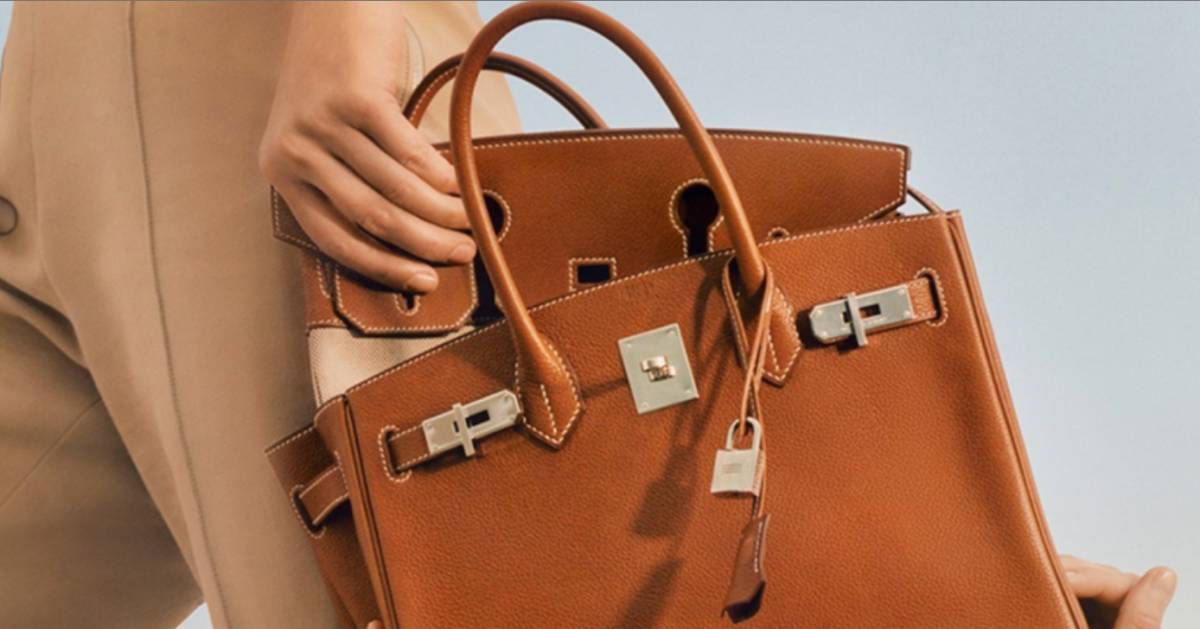Symbolic Immortality
Luxury brands can help us feel that we have made an impact on the world long after we have gone, says Dr. Claire Routley.
Exploring Mortality and Humanity
Sometime in the not-too-distant future, all of us alive today will be dead. It is the knowledge of this unsettling fact that makes human beings unique. While this foreknowledge of our own mortality might seem like humanity’s greatest curse, it is, arguably, also one of our greatest blessings: it underlies much about what makes human beings so generous, social and creative.
On an individual level, for example, death contemplation has been used in therapy to encourage people to take action towards becoming who they really want to be. And, culturally, it has been argued that it is our mortality that drives us to pen epic poems, create beautiful art or make scientific discoveries – all so that we can leave our mark on the world.
Symbolic Immortality and Luxury Brands
What, then, might this mean for luxury brands? The key concept here is ‘symbolic immortality’. Humans are very good at pushing thoughts of death to the back of our minds; most of the time, it is this denial that is our first line of defence against death. On some occasions, however, those thoughts are able to break through. To counter them, we have created for ourselves a second line of defence: a sense that although we might be mortal, we will carry on in some way through the marks that we leave on the world. This is ‘symbolic immortality’.
Psychological research suggests that symbolic immortality is underpinned by two interlinked principles – being a person of value and living in a world of meaning. When people are reminded of their own mortality, they seek to be a person of value by boosting both their sense of self-esteem and to live in a world of meaning by reinforcing their cultural worldviews. For example, people reminded of death are more likely to want to increase their self-esteem by having a star named after them or by expressing interest in being a celebrity.

Crafting Meaningful Luxury Experiences
There is an intriguing link here to luxury brands, with people who are reminded of mortality being more likely to rate both high-status items favourably and to buy brand-names. It is quite possible that investing in luxury brands can reduce our fear of death by helping to boost our sense of self-esteem and by enabling us to meet certain standards defined by our culture.
In order to increase this sense that we are valuable people in a meaningful world, and protect ourselves from death fears, we create self-narratives, or stories about ourselves that link together our past, present and anticipated future. Looking back over these life stories – sometimes through nostalgic, rose-tinted glasses rather than taking a strictly factual perspective – can be positive psychologically, helping us to create a sense that our lives have been meaningful.
It may be beneficial for luxury brands, therefore, to think about how their stories intersect with those that consumers tell about themselves, and how they might bolster a sense of meaningfulness for them. That might be through, for example, having a positive impact on the world through sustainable tourism that benefits local communities.
It is not just looking back that’s positive, however. As we get into middle-age and beyond, we become increasingly concerned with creating an ending for our stories that involves passing on something of ourselves to the next generation. The knowledge that we’re passing something on can also be positive from a psychological and even a physical perspective, with one study showing that writing down one’s wisdom for the next generation leads to psychological, social and even physical health benefits.
Again, there are potential links here with luxury brands. It might be that we are able to pass on an item itself – such as the Patek Philippe watch that we don’t own, but ‘look after for the next generation’. Bound up in that item, we may well be able to pass on something of ourselves: our sense of personal style, our values or our interests. We may also be able to purchase experiences which enable us to make memories with our loved ones: memories that will live on beyond our own lifetimes.

Embracing Inter-Generational Craftsmanship
The appeal of luxury rests in it timelessness. Brands serve as guardians to a world where worth lies in artisanal excellence and the heritage and generations of mastery behind it. Think of the origins of the Louis Vuitton logo, which first appeared in 1896, four years after Vuitton had died. His son George had inherited the brand his father founded in 1854 and designed the LV monogram as a way of honouring him and his pursuit of excellence. Such stories are the foundations of brand identity and a way for brands to act as a bridge between the generations who have come both before and after us.
Or take Mulberry. Roger Saul founded the luxury leather-goods company at his kitchen table in 1971, inspired by his father, who had worked for Clarks shoemakers. The idea of inter-generational craftsmanship has been integral to Mulberry’s success. The longevity and timeless design of its leather goods has been further underlined by the launch of a selection of ‘Pre-Loved’ bags. There is a double value here. On one side is that Mulberry products are so well-made they can outlast their original owner. And for the person buying a Pre-Loved item, there’s the curiosity about its previous life: the story behind each crease or scuff, the lineage not only of the Mulberry brand but the bag itself, and safeguarding that for the future.
In an increasingly uncertain world, luxury consumers are likely to be more conscious of – and therefore potentially fearful of – their own mortality. However, by understanding more about how consumers cope with that fear, luxury brands can help to allay it. It’s amazing to think that an Hermès bag or a Cartier necklace could protect their owner from a fear of death, through boosting their self-esteem, reinforcing their sense of meaning of life, or enabling them to pass on something of their own life story to the next generation.
Dr. Claire Routley is a postdoctoral research associate at the University of Kent’s Centre for Philanthropy. She teaches on the University’s MA in Philanthropic Studies.
Continue reading
The Pursuit of Legacy & Social Impact
Why You Need A Chief Impact Officer
How Artificial Intelligence is Transforming the Luxury Sector

